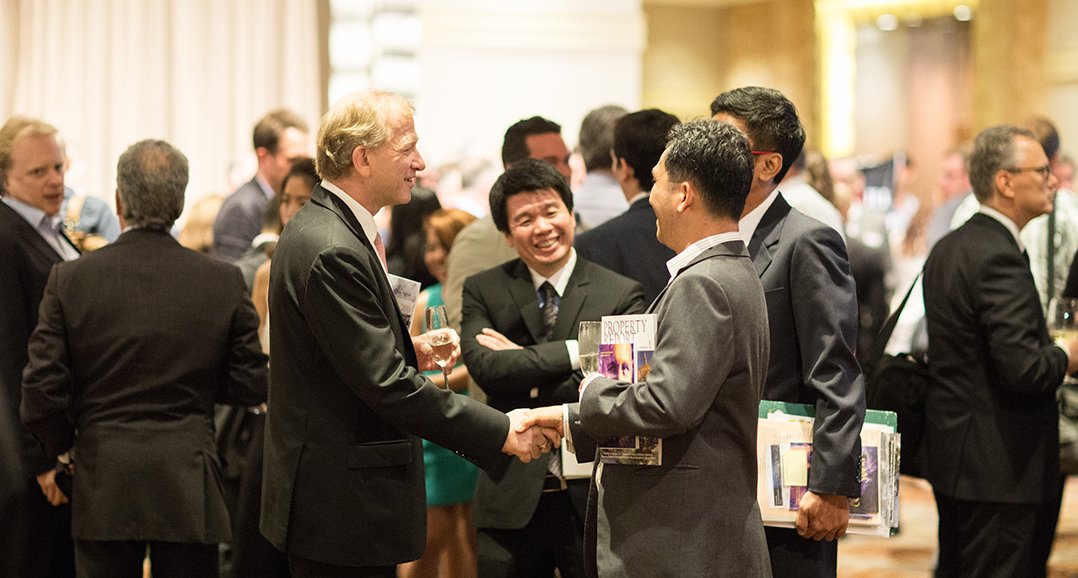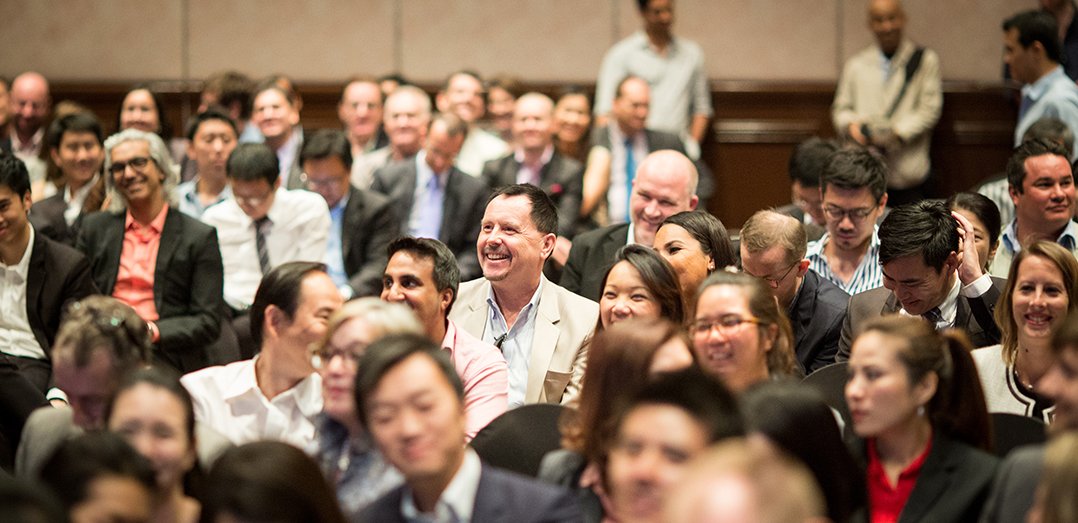In the first half of 2014, turmoil threw Thailand’s tourism industry a curve ball. A game-changing new paradigm that started last May led to a series of remarkable transformations which rapidly took the hospitality sector into unknown territory.
On Monday January 26th at the Inter Continental Hotel Grand Ballroom in Bangkok, the fourth annual Thailand Tourism Forum took place with a record turnout of over 500 industry insiders all of whom came to gleam insights from industry leaders on Thailand’s tourism sector and on where it is headed.
First to be heard was Suchad Chiaranussati, Founder and Chairman of SC Capital Partners. SCCP is an institutional real estate private equity investment firm with offices in Singapore, Hong Kong, Bangkok, Tokyo, Shangai and Viet Nam. A few of their Thailand investments include the Millennium Residence in Bangkok, Phuket Square and the Laguna Resort in Phuket. Suchad spoke of Thailand’s strengths and his company’s long term approach to investing.
Next up was Thailand’s Hotel Leaders’ Summit which included Clarence Tan, COO of Asia Australia Intercontinental Hotels Group, Dillip Rajakarier, CEO of Minor Hotel Group, Peter Henley, President and CEO of ONYX Hospitality Group and Markland Blaiklock, Chief Operating Officer of Centara Hotels and Resorts. The question was asked if tourism in Thailand is broken. None of the panel agreed that it was, but they did conclude that the “shine” is off and that improvements had to be made. The improvements offered included political stability, the stopping of tourist scams and the engagement in environmental clean-ups and protection. Another one of the questions posed was: “What are the biggest challenges/threats?” Discussed answers included political uncertainty, travel bans/warnings, increasing crime and alternative destinations such as Myanmar.
The positive news for the industry was welcomed as STR’s Area Director for Asia Pacific Jesper Palmqvist revealed the staggering decline for most of 2014 with year-over-year (YoY) occupancy falling by -11.3%, mostly driven by Bangkok, which saw a decline YoY of -16.2%. This is against a backdrop of almost half the year at -20% and worst months where it was over 30% down.
However, recovery started to emerge in late Q3; and in Q4 numbers really turned around for Bangkok. After the dismal start to the year, RevPAR (Revenue Per Available Room) increased by +2.5% YoY in the last quarter.
Occupancy in December for Bangkok was one of the highest ever recorded by STR Global since 2000 and when comparing quarters, Q4 2014 showed the best occupancy Bangkok has seen since 2006. Moreover, RevPAR was the second best Q4 for the last decade suggesting that six to nine months is the new recovery time norm for Bangkok.
Delegates also heard the story of Thailand’s key resort markets, where Phuket occupancy fell by -5.7% YoY and Koh Samui decreased by -1.6%. It was positive news for Chiang Mai where occupancy decreased -4.2%, but RevPAR growth was positive, driven by upward ADR (Average Daily Rate) movement. Hua Hin was also able to hold rates up well, but Pattaya suffered more due to a -10% decline in YoY occupancy .
Subsequent sessions featured industry heavyweight speakers from many top companies including Horwath HTL, Jones Lang LaSalle, QUO Global, Baker & McKenzie and Kingdom Property.
This annual event is organized by the American Chamber of Commerce in Thailand and Bill Barnett, Managing Director of leading hospitality consultancy C9 Hotelworks.



